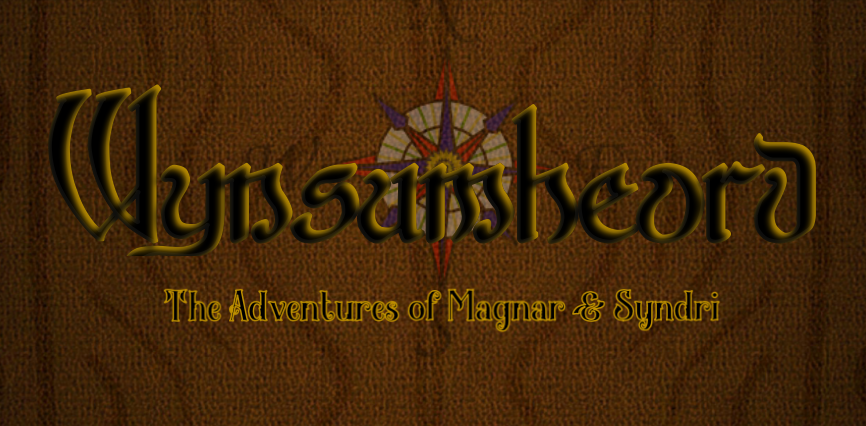Elven Tongue
The Dwarves who dwell in the Forest Caverns of Taungoun have a unique way of speaking. The language itself and the words they use are not very different, rather the style, tone, and mannerisms in which they are used.
Two of the most identifiable traits of Elven Tongue (also known as Dwarven Tongue) are consistent rhyming and riddled wording. This style of speaking is notoriously used by Dwarves when displaying scheming behavior, but it can also indicate nervousness or evasion. Dwarves are very adaptable but tricky in nature and often revert to Elven Tongue out of habit when around beings who evoke certain emotions. The ambiguity of their speech intensifies as a defense mechanism to perplex any being who imposes a threat upon them. Known by their small stature, and thought by many to be weak, the Dwarves attempt to compensate with brainpower, wordiness, and confusion.
Geographical Distribution
The traditional speakers are the Dwarven Elves who live about the Forest Caverns of Taungoun, but many dwarves have disbursed throughout all of Wynsumheord and even the surrounding Kingdoms. This being the case, you are likely to hear Elven Tongue spoken wherever you may roam. Sometimes, other species are accused of speaking Elven Tongue (most often playfully so) when playing tricks, asking riddles, or rhyming during normal conversation (even on accident or coincidence).
Phonology
Syntax
The riddles and rhymes can appear in any pattern. There is no set rule for this method of speaking. Some of the speaking flows out very poetically, while other times, the Dwarves speech may be reminiscent of a sea shanty.
Vocabulary
The vocabulary is consistent with the common language, though some Dwarves may alter or concoct words on a whim if they cannot find a rhyme in time.
Sentence Structure
You can tell that a Dwarf is speaking Elven Tongue when their sentences begin to rhyme in excess, or if you cannot quite follow what exactly the dwarf is attempting to communicate with you.
Spoken by
Common Phrases
“Maybe I have, but just for a laugh.”A common response when someone has accused a dwarf of doing something they cannot deny.
"Since you’re behaving at your best, I’ll give to you what you request.”A completely rhetorical response to a person who is relentlessly begging or threatening a dwarf in attempts to force his hand; a surrendering gesture, but one that can also be accompanied by a trick. The dwarf is most likely fibbing about you "behaving at your best", so what else in the sentence could he be fabricating?
They call thou cruel, I call thou a fool. (They call you cruel, I call you a fool.)A blunt insult to someone traditionally seen as intimidating or high in strength or power. This phrase attempts to convey that the dwarf is not afraid of this being's scare tactics.



Comments